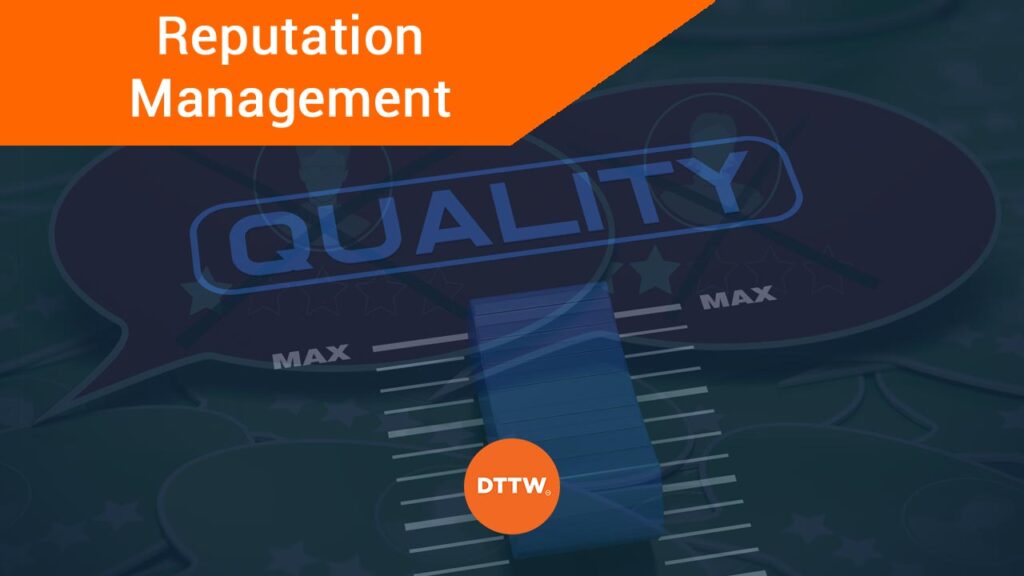When it comes to financial services, reputation and consumer trust are inseparable. Keeping money with a corporation you don’t trust is a bad idea.
In the wake of the 2008 U.S. real estate bubble crash, financial service organizations may already be seen as untrustworthy by present consumers. Home mortgage debt in the United States surged from 46 percent in the 1990s to 73 percent in 2008, when it peaked at $10.5 trillion, while the value of residential real estate dropped dramatically.
As a result, the economy went into a tailspin, and the public’s view of the company was forever tarnished. When it comes to financial service providers, consumers are no longer prepared to give them the benefit of the doubt.
Banks, financial planners, brokers, and other financial service providers need to separate themselves from their competitors and manage their reputations in light of these concerns.
Table of Contents
Significance Of Reputation Management
Finance companies must be aware of the importance of online reputation management and how their brand is regarded. When it comes to American adults, millennials are the most populous and most well-off generation.
Millennials’ spending habits will be influenced by online reviews in the future. About 97% of millennials check internet reviews before doing business with a firm, and they place as much faith in these evaluations as they would in a personal recommendation.
Today’s consumers are more inclined to search for financial service providers and investment possibilities online rather than to approach their parents for advice on how to save or invest their money.
Trends like these illustrate that a prospective customer’s first impression of your organization is determined by what they read about you online. In addition to that, many people want to make things easy and save their time. Forex trading is one example of this.
Because individuals need to select a broker, they often look for the best forex brokers finder rather than reading additional information about a particular broker, which is time-consuming given the industry’s large number of FX brokers.
Related » How to choose your day trading software
It is also worth noting that one-third of respondents claimed that their bank’s reputation is one of the three most significant aspects about it, along with the availability of online banking and services supplied, indicating that a bank’s reputation is essential to customers of all ages, as well.
Whether or not a potential consumer chooses to do business with you is closely related to your brand’s internet reputation.
Reputation management is not (only) review management
Customers trust online evaluations as much as they do personal recommendations, and research shows that online reviews increase sales by 18% on the whole on average.
However, don’t confuse reputation management with review management – reviews are only one component of a comprehensive reputation management approach. Customers’ reviews share the tale of their experience with you. How you fulfill your brand promise throughout the client journey is the foundation of your customer experience.
When it comes to client loyalty and retention, your customer experience matters a lot: More than half of all brand switching is due to poor customer service. Creating a positive internet reputation is the first step in building a strong brand.
How To Manage Your Online Reputation?
Alerts may be set up to notify you whenever you or your financial service company is referenced online. As a result, you will be able to reply to any negative comments about you and your personnel in a timely manner. If you’re in a position of trust and are being held to a higher standard, this is critical.
When it comes to managing their money, people tend to be a lot more choosy, and they need to know that they can rely on you. Consumers may only have an unfavorable impression of a firm they are considering doing business with. People who have had a terrible encounter with a firm may be motivated to submit a negative review.
Actively promoting favorable evaluations for your company might help overcome the rare negative feedback. When dealing with bad evaluations, it is crucial to respond professionally.
Related » Guide to perform an extensive company research
Feedback
To protect your clients’ privacy, you’ll want to remove the conversation from a public forum as fast and easily as feasible. When responding to an unflattering review, you might express your displeasure with the service and ask that someone reach out to you for assistance.
While you’re trying to find a solution for the dissatisfied customer, your manner and concentration on customer service will be seen by future customers.
Social media evaluations
As a business or financial adviser, it is essential that you keep an eye on social media evaluations, as they may have a big influence on your reputation. Due to the high level of regulation in the financial sector, there are specific laws for financial service providers and the information they may provide online.
As a result, it’s critical that the person you designate to handle your social media activities is able to walk this tight line and keep appropriate documents.
Data breach
A data breach that exposes your clients’ personal and financial information is a certain way to undermine their faith in you. If this occurs to your firm, the expenses will be enormous. If your reputation is tarnished, the consequences might be considerably worse.
According to a cyberattack on Target that resulted in the loss of 40 million payment card details, the company was forced to pay $292 million to customers and attorneys general. However, sales were down and stock prices were down for the corporation. By 54.6 percent, the public’s impression of it had changed. Target’s recovery has taken years.
Related » the best cybersecurity stocks
Maintaining a positive public image is essential to achieving long-term success. Reputation management includes safeguarding client data and keeping an eye on online reviews.





